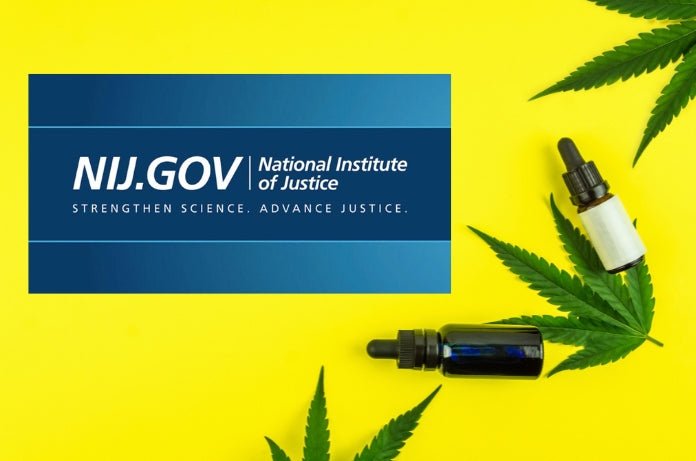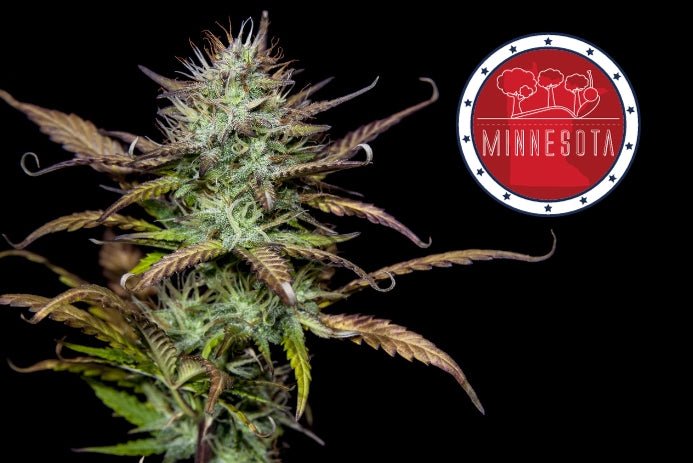After months of speculation and accusations concerning the legitimacy of the recommended scheduling change, White House officials finally released the documents for public inspection.

There was a time, not that long ago, when Americans trusted their government leaders, and, in turn, those elected officials repaid that trust by delivering on the promises made to secure those votes. Today, those same lawmakers and policymakers spend most of their days in Washington grandstanding before the press or deliberately sabotaging government services and the process of making laws.
One polarizing issue that highlights the decline in government trust and competency is cannabis legalization reform. Before the beginning of this century, legalizing marijuana seemed about as likely as inviting Al Quaeda to a White House dinner. However, since 2012, when Colorado and Washington became the first two states to legalize adult-use cannabis, 24 states now have legal recreational marijuana sales for individuals over 21.
Unfortunately, despite all of that substantial progress, cannabis remains illegal at the federal level and is still a Schedule I narcotic per the Controlled Substances Act (CSA). Because of that designation, researchers cannot study the mercurial plant's potential health benefits and effectiveness. Likewise, many legitimate cannabis businesses can’t even open a simple checking account to conduct business and must operate on a predominantly and dangerous cash-only basis.
To address some of those glaring and out-of-date practices, President Biden asked the Secretary of Health and Human Services and the Attorney General to "expeditiously" review marijuana scheduling under federal law in October 2022. As a result, almost a year later, the U.S. Department of Health and Human Services (HHS) officially recommended that cannabis be moved from Schedule I to Schedule III under the CSA. It was a historic move by the agency because it signified that the department no longer viewed marijuana as a narcotic with high abuse potential and no medical value.
In a statement at the time, an HHS spokesperson said, "Following the data and science, HHS has expeditiously responded to President Biden's directive to HHS Secretary Becerra and provided its scheduling recommendation for marijuana to the DEA on August 29, 2023. This administrative process was completed in less than 11 months, reflecting this department's collaboration and leadership to ensure that a comprehensive scientific evaluation be completed and shared expeditiously."
"Following the data and science, HHS has expeditiously responded to President Biden's directive to HHS Secretary Becerra and provided its scheduling recommendation for marijuana to the DEA on August 29, 2023. This administrative process was completed in less than 11 months, reflecting this department's collaboration and leadership to ensure that a comprehensive scientific evaluation be completed and shared expeditiously."
- HHS Spokesperson
For many cannabis reform advocates and industry stakeholders, the announcement was a shock and a breath of fresh air to the debate. However, several anti-cannabis lawmakers and legalization opponents came forward suspicious of the recommended policy change. They demanded access to all communication exchanges between government agencies, most notably the Department of Health and Human Services (HHS) and the U.S. Drug Enforcement Agency (DEA).
As first reported by MJBizDaily, the Biden Administration released the unredacted emails and letters to the public last Friday for inspection. “After assessing all available preclinical, clinical and epidemiological data, FDA recommends that marijuana be rescheduled from Schedule I into Schedule III of the CSA,” the Department of Health and Human Services wrote to the Drug Enforcement Administration.
"After assessing all available preclinical, clinical and epidemiological data, FDA recommends that marijuana be rescheduled from Schedule I into Schedule III of the CSA."
- HHS Communication Exchange with the DEA
Much of the controversy leading up to the release came from the doubt on the part of many GOP legislators about the very existence of the emails and the content of those communications.
Regarding the recommended scheduling change, the HHS further added, “Schedule III drugs are classified as having a potential for abuse less than the drugs or other substances in (Schedules) I and II, a currently accepted medical use in treatment in the United States, and moderate or low physical dependence or high psychological dependence that may result from their use.”
"Schedule III drugs are classified as having a potential for abuse less than the drugs or other substances in (Schedules) I and II, a currently accepted medical use in treatment in the United States, and moderate or low physical dependence or high psychological dependence that may result from their use."
- HHS Communication Exchange with the DEA
The documents, comprising a total of 252 pages of agency communications, including the widely reported August 29 letter from HHS Assistant Secretary Rachel Levine to DEA Administrator Anne Milgram – were released Friday to attorney Matt Zorn. Zorn acquired the exhaustive list of communications after filing a federal lawsuit appealing to the various government agencies to comply with his Freedom of Information request.
In the back-and-forth exchange, public health officials compared cannabis to other scheduled drugs and alcohol. Their conclusions verified and vindicated the core claim of legalization advocates that marijuana is much less harmful than other, more accessible narcotics.
“The risks to the public health posed by marijuana are lower compared to other drugs of abuse (e.g., heroin, oxycodone, cocaine), based on an evaluation of various epidemiological databases for emergency department (ED) visits, hospitalizations, unintentional exposures, and most importantly, for overdose deaths,” the documents noted.
"The risks to the public health posed by marijuana are lower compared to other drugs of abuse (e.g., heroin, oxycodone, cocaine), based on an evaluation of various epidemiological databases for emergency department (ED) visits, hospitalizations, unintentional exposures, and most importantly, for overdose deaths."
- HHS Communication Exchange with the DEA
It remains unclear when the DEA will act on the HHS recommendation or what agency officials will choose to do with it. Recently, Milgram informed lawmakers the review is still ongoing. However, some legal experts and political observers severely doubt the DEA’s legal capacity to question health regulators on matters of science and medicine. So, it may just be an inevitability at this point.
Until a decision is made, both sides of the issue must play a waiting game. Sadly, that wait will be measured in dollars lost, and pain left untreated for the thousands of potential human beneficiaries of cannabis’ healing power.








































